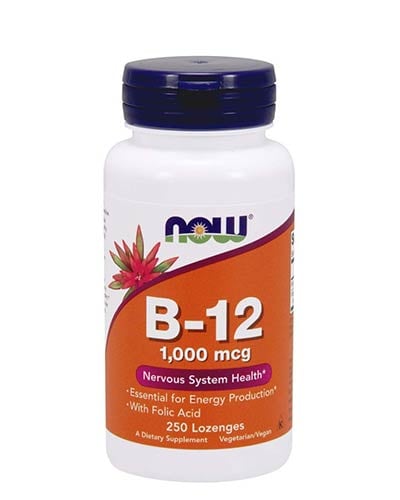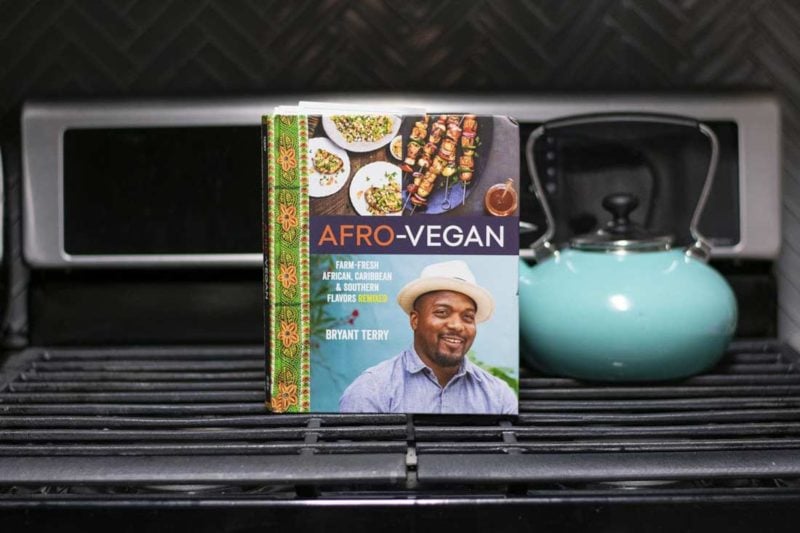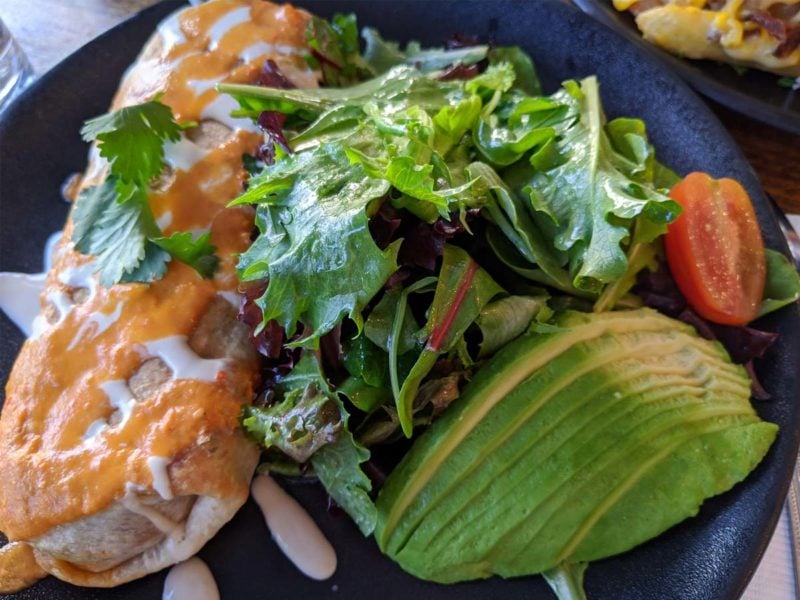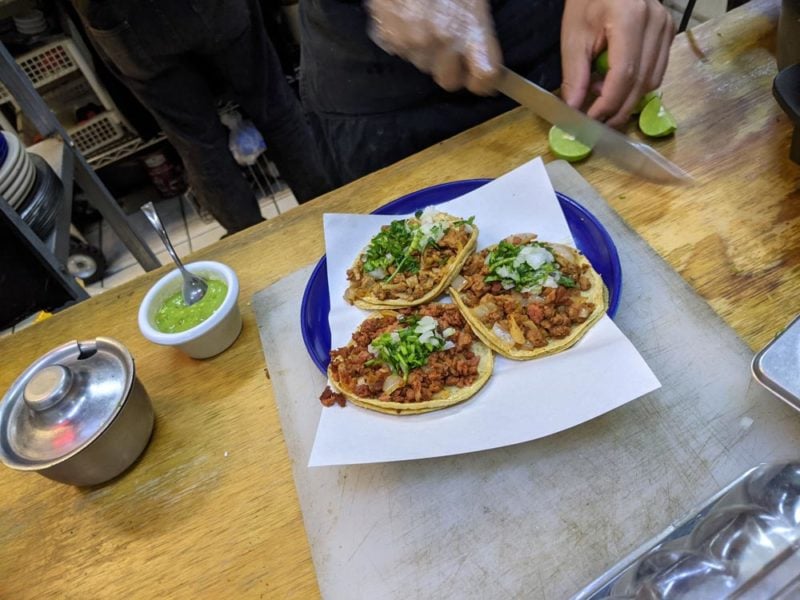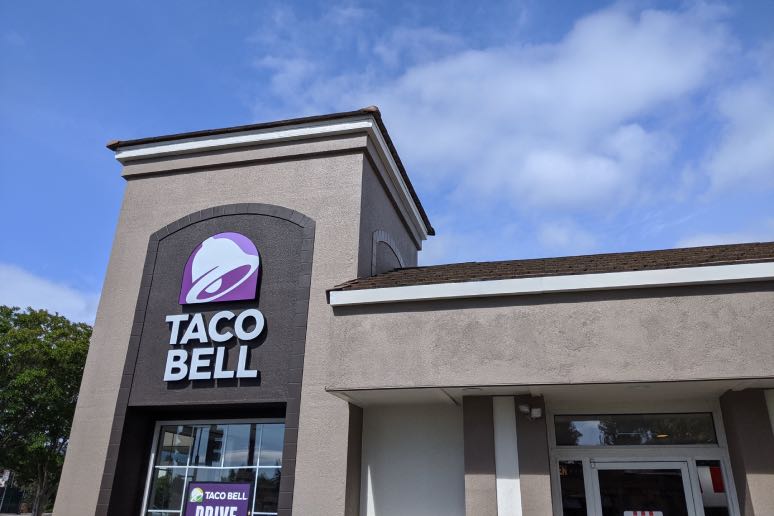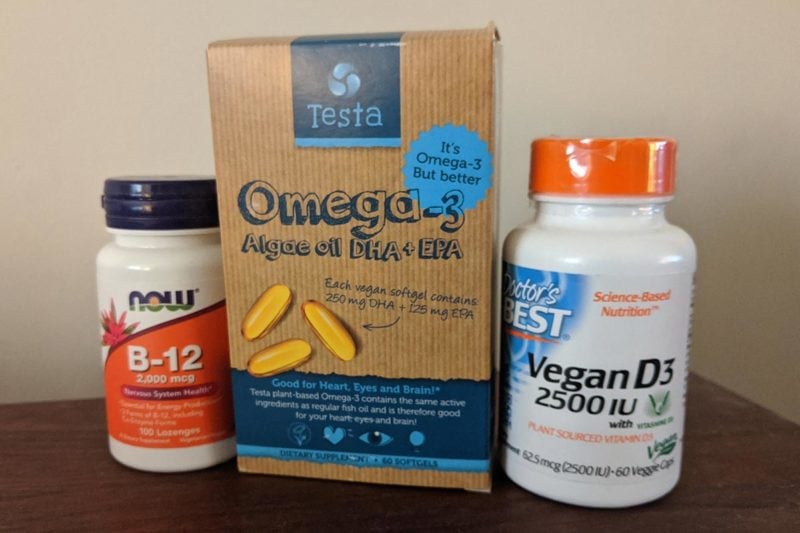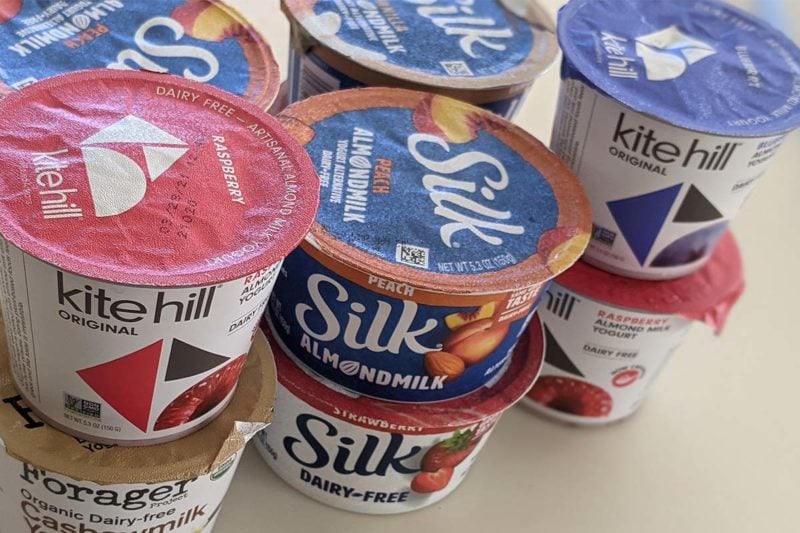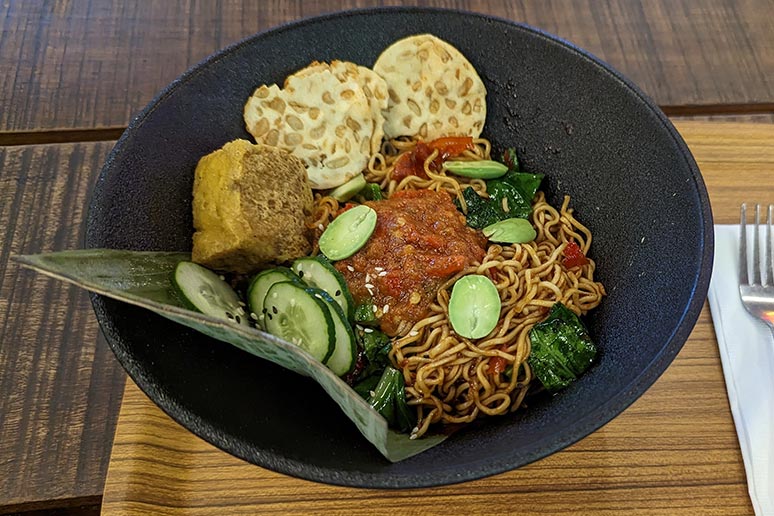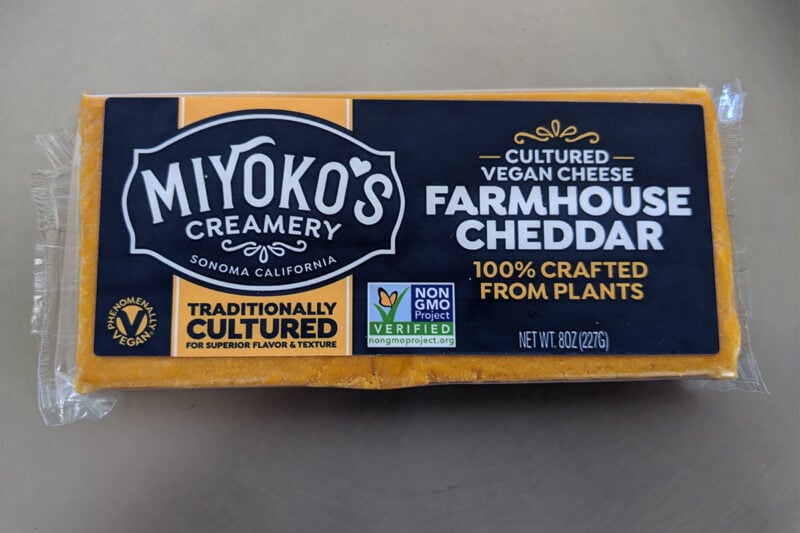This past week, the New Yorker published an article by Malcolm Gladwell on Internet-based activism, which basically asserts that it’s incompatible with the heavy lifting that world-changing activism requires. In fact, the piece ends with a sneering dismissal of what online activism can accomplish, suggesting that while it might be effective in getting stolen cellphones returned to yuppies, it’s by nature incapable of bringing fundamental change to society. Gladwell could not be more mistaken.
The gist of the piece is Gladwell’s contention that no activist is an island, and that it’s our depth of connection with other activists, and the consequent willingness to stick our necks out for each other, that determines whether serious activism gets done.
Gladwell bases his argument on the rather obvious observation that there are two distinct sorts of connections between people: strong ties and weak ties. Strong ties are the kind of connections you develop with family, freshman dorm mates, the people in your church congregation, and so forth. These are close and ongoing relationships with people you’ve spent time substantial time with, so these friendships carry a level of trust and commitment that makes them extremely valuable when it comes to putting yourself on the line for a greater cause.
Contrast these sorts of connections to the dozens, possibly hundreds, of Facebook “friends” you’ve got. Many of these people you scarcely even know. Gladwell calls these connections “weak ties,” since, while these ties do involve interaction, they aren’t forged by the emotional connection and deep friendship that’s a prerequisite for a serious mutual involvement in activism.
Gladwell pins his thesis on the story of the four black college students who started a sit-in at a segregated Woolworth’s lunch counter back in 1960. It’s an inspiring moment in history, to be sure, and Gladwell does a convincing job of showing how the “strong ties” binding this group’s friendship were the key ingredient to their decision to carry out an action that could easily have gotten them all murdered.
What Gladwell doesn’t acknowledge, or perhaps even understand, is that the Woolworth’s sit-in was preceded by nearly a century of largely anonymous advocacy that produced the sea change in public opinion necessary for this protest to gain widespread support. It doesn’t seem to occur to Gladwell that had four black college students tried a Woolworth’s-style protest in 1920 or even 1950, they surely would have been arrested and forgotten at best; lynched and forgotten at worst: the time had not yet arrived for such a protest to be feasible.
But by 1960, the time was ripe for this sort of protest, fraught with danger though it was. The fact that the Woolworth’s protest quickly fanned out to involve tens of thousands of people was the result of millions of small acts of communication spread out of nearly a hundred years. And many of these undocumented and now forgotten interactions that liberalized America’s collective conscience regarding the rightful social status of blacks were, doubtless, the result of—you guessed it—weak ties.
Gladwell’s mistake, then, is to implicitly argue that the struggle to end segregation began in 1960 rather than almost a hundred years earlier. He ignores the individual, anonymous, and largely forgotten weak tie efforts of the millions of people who, little by little, brought us into an era where segregation could be attacked openly, publicly, and victoriously.
In other words, it’s the strong tie activism that pushes the plunger, but it’s the weak tie activism that lays the dynamite. And that dynamite can take many decades to rig. Let’s consider how this dynamic is playing out, with the help of online activism, in the animal protection movement.
Right now, a whole lot of dynamite is—through non-violent and entirely legal means—being laid out by weak tie animal advocates. My guess is that we’ve still got another ten to fifty years before society’s ready and the plunger can be pushed, but make no mistake that animal agribusiness’ position is quickly eroding. One day a handful of people will take enormous risks, and large scale animal agribusiness will succumb within a decade.
I’d wager that anti-meat sentiment is currently spreading far more rapidly than anti-segregation sentiment did at any time between 1870 and 1960. Why is this happening so quickly? In large part it’s because social networking tools like Facebook and Twitter are perhaps the two most potent tools for weak tie activism that the world has ever seen. In essence, online communication is allowing animal advocates to lay their metaphorical dynamite at speeds impossible just a decade ago.
See, weak ties are still ties. The people from your past—the kid you walked to elementary school with, your date for the junior prom, your chemistry lab partner, your first boss—these are all the sorts of people who you ultimately connect with on Facebook. You might never get a Christmas card from any of these people, or even see them again in person, but that doesn’t mean they don’t have a measure of affection for you.
And this slight but tangible affection is what gives your weak ties such power. Weak ties are all about social capital and goodwill created through the affection associated with past friendships. And, in the Facebook era, these weak ties have never held so much potential where animal advocacy is concerned. Facebook allows you to publicize your interests in a way that’s neither pushy nor preachy (if you know what you’re doing), and because your weak tie friends have some personal investment in you, they become more open to contemplating your concerns.
Let’s look at what has been accomplished for animals through Facebook and other social networking platforms. As just one example, consider an anti-McDonald’s television commercial released just a few weeks ago by the Physicians Committee for Responsible Medicine (PCRM). The ad circles around a dead guy stretched out in a morgue, with his wife sobbing beside him, and we see his cold dead fingers clutching a Big Mac. The narrator then intones, “Hi cholesterol, high blood pressure, heart attacks. Tonight, make it vegetarian.”
This is far from the first provocative vegetarian-oriented TV ad ever released. But until recently, these ads had no hope of gaining massive public exposure. TV stations refused to run them, since they rightfully recognized that televising these ads would jeopardize some of their most lucrative accounts with fast food companies.
In fact, that’s exactly what happened this past month with PCRM’s anti-McDonald’s ad. The organization approached TV stations in Miami in an attempt to buy advertising slots, and it was turned down. But, in the Facebook and YouTube age, TV stations no longer serve as the gatekeeper that determines whether advocacy groups like PCRM can get their message to the public.
PCRM’s ad was catchy enough for people to pass it along using social media tools, and as a result it became viral on YouTube. The fact that Miami TV stations refused to run this ad only fanned the flames, and gave the advertisement another round of exposure. As I write this, less than a month after PCRM first released its ad, the video has nearly 900,000 views on YouTube.
This has hardly been the first time that animal exploiting businesses have been damaged thanks to the weak tie promotion efforts of thousands of online animal advocates. Perhaps the first such major example came in early 2008, when the Humane Society of the United States released a horrifying video documenting the rampant cruelty at Southern California’s Westland/Hallmark slaughterhouse. The video led to the nation’s largest-ever meat recall, and the ultimate closure of the plant. While HSUS was savvy at attracting national media coverage, the publicity was given an immeasurable boost by individual activists sharing this video online.
Since 2008, a much smaller animal advocacy group, Mercy For Animals (MFA), has taken unprecedented advantage of the Facebook effect. They’ve released a string of shocking undercover videos filmed at slaughterhouses and factory farms. Each of these videos has gained national attention. Nathan Runkle, MFA’s Executive Director, says:
In August of 2009, we released a video documenting the horrifying conditions at Iowa’s Hy-Line hatchery. The video has since received 2.2 million views, and it reached this massive audience without our organization needing to spend a dime on promotion. The video went viral almost entirely because of social networking, and the catalyst for this was a relatively small group of savvy activists who knew how to effectively utilize Facebook and Twitter.
Following the Hy-Line investigation, we’ve released a number of other undercover cruelty videos. Time and again, we’ve seen these videos attract huge audiences thanks to a handful of activists who make effective use of Facebook and other social media platforms.
I think social media has established itself as a vital online tool that anyone who cares about animals should be using.
As it has for farmed animals, weak tie activism has also proven its power when it comes to exposing vivisection cruelties. Less than a month ago, PETA released an undercover video showing conditions at a North Carolina laboratory that tested toxic substances on dogs and cats. The video went viral overnight, thanks mainly to hordes of animal advocates using social networking tools, and the animal lab was shut down barely a week later.
Social networking platforms don’t just offer a means to promote undercover videos to a wide audience, they can also facilitate the rapid growth of weak tie networks promoting vegetarianism. Meetup.com allows people interested in vegetarian diets to find each other and meet up for informal dinners. There are dozens of such Meetup groups throughout the United States, and at least six cities have groups with more than a thousand members. The genius of Meetup.com is that it provides a nexus whereby weak ties among animal advocates can be established and ultimately turned into strong ones. By attending local vegetarian meetups, people become more committed to a vegan lifestyle. And through the connections and friendships they develop, they gain ideas and collaborators that can lead them to taking progressively greater actions on behalf of animals.
Nancy Callan runs a vegetarian meetup in Vancouver, BC. She says:
Getting onto Meetup.com has caused a shift in our demographics at events towards a younger, and more social networking savvy, crowd. We’ve also connected with a large number of people who had never heard of us before getting on Meetup. When we hit the 750 member mark, our group suddenly started to grow at a much faster rate. It’s exciting to think how large we could get in the future and how many more people we could reach with the message of a plant based diet.
While Meetup.com has worked out well for us, I’ve got to think it could be of even greater value for activists who don’t live in major cities. If you’re living in a non-metropolitan area, it’s an easy way to flush the vegetarians near you out of the woodwork.
So, how can you leverage your social capital through social networking platforms, to maximize your animal advocacy effectiveness? It’s surprisingly easy, and you can accomplish tremendous things in this sphere by spending just a few minutes a day using these tools. I first blogged about this emerging form of activism more than a year ago, and I followed that article up with a piece last May offering detailed advice about how to most effectively use Facebook to promote animal advocacy.
Perhaps because he’s not himself an activist, Malcolm Gladwell doesn’t recognize the ongoing weak tie activism that’s happening almost everywhere you look. In the animal protection movement, I see the status of animals being rapidly transformed thanks to the weak tie connections that Gladwell deprecates. And much, perhaps most, of this behind-the-scenes activism is happening through Twitter, Facebook, blogs, and other Internet-based advocacy mechanisms that Gladwell’s article belittles.
Five years ago, my book Meat Market: Animals, Ethics, and Money was published. In the book, I wrote about how anyone serious about advocacy could become an “animal millionaire”—someone who has kept more than a million animals from experiencing the ordeal of factory farms and slaughter. I had no idea when writing Meat Market that social networking platforms were about to create incredible new opportunities for animal advocates everywhere.
It has never been so easy to become an animal millionaire. For anyone inspired by the vision of keeping millions of animals from harm, while hastening the day when the plunger at long last gets pushed, getting up to speed on the power of social networking tools may well be the best place to start.

